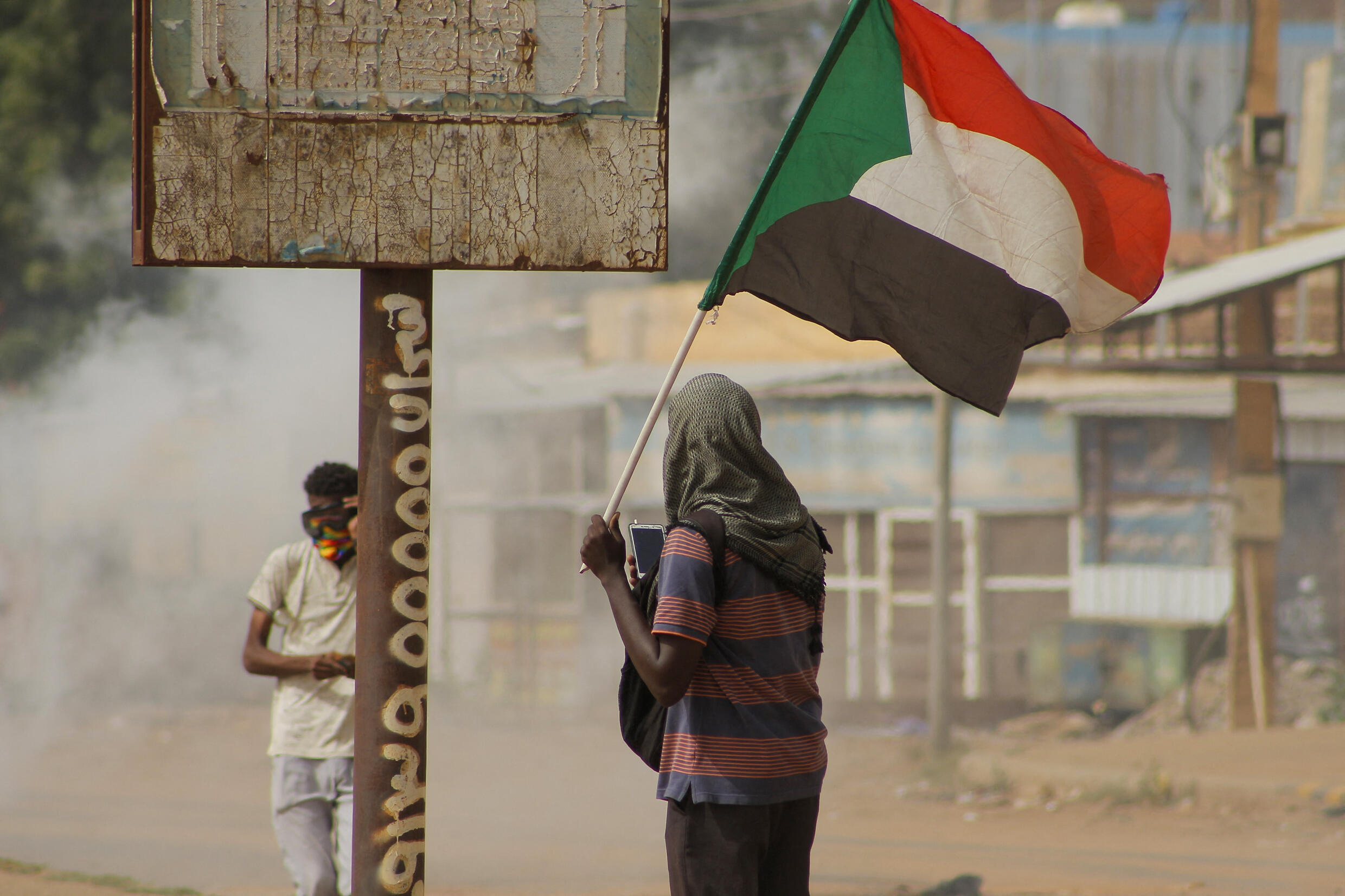First modification:
The acts of violence took place in the province of Blue Nile. The root causes of the clashes are due to unresolved land issues or militarization of tribal groups, among others. Sudan is immersed in a climate of serious political and economic crisis aggravated by the coup that occurred in October last year.
The balance of the latest outbreak of violence in Sudan is worrying. At least 151 people have been killed and some 86 injured in the past two days as a result of tribal clashes in Blue Nile state.
The most recent clashes were carried out by the Hausa and Anqasna tribes, but other groups are involved in actions that have been taking place for weeks. The governor of the town of Wad al Mahy reported that the clashes resumed this Wednesday night until Thursday morning, which he described as “something similar to genocide.”
The official explained that one of the groups attacked villages belonging to the rival tribe, shooting at the inhabitants, dismembering their bodies with knives and setting fire to the site. Among the dead are children and women.
The director of the local hospital highlighted the cruelty with which the victims were killed, stating that they died “horribly.” He also stressed that the authorities have decided to dig mass graves to bury the bodies this same day.
The genesis of the latest clashes
The violence erupted in West Kordofan, in the south of the country, after a tribal dispute over land. And it is that this, along with the militarization of tribal groups, among others, are one of the main causes of hostilities.
The Sudanese army on Wednesday blamed the Sudan People’s Liberation Movement-North, one of the nation’s largest rebel groups, for fueling the conflict. The accusations were rejected by the leader of the group, who in turn accused the paramilitary group Forces of Rapid Support.
The Humanitarian Coordinator for Sudan (ai) is deeply concerned about recent conflicts in West Kordofan and Blue Nile states that have left thousands of people displaced and many killed and injured.
Read the Statement here: https://t.co/pQRXqFzWMS pic.twitter.com/dlvPKCyuqB
– ONE OCHA Sudan (@UNOCHA_Sudan) October 20, 2022
Despite the existence of a peace agreement since 2020 with several of the rebels operating in the area, the increase in tribal clashes has been a constant on the rise. Reports of some 149 dead people became known in other outbreaks that occurred in the months of July and September last. According to the United Nations, at the beginning of this month of October there were some 65,000 displaced people.
Serious political and social situation in Sudan
The country had already been dragging a series of situations that are ruining its stability. Last year a coup removed from power a civilian government that was managing a democratic transition after almost 30 years under the orders of Omar al-Bashir, deposed by a popular uprising in 2019.
The civilian command was removed from power in October 2021 with another coup attempt led by General Abdelfatah al-Burhan, who in July of this year announced the withdrawal of the military from the political life of the country to facilitate the formation of a Government that leads the expected transition.

But this process is not exempt from contradictions and opposition. Groups such as the Resistance Committees and the Communist Party reject negotiations with the military forces. Both groups, which in part led the protests against the coup d’état, demand that those responsible for the repression to which the demonstrations that have taken place since the seizure of power by force be brought to justice.
With Reuters, EFE and AP






![[Img #74675]](https://thelatestnews.world/wp-content/uploads/2024/12/They-discover-a-new-class-of-X-ray-sources-in-the-150x150.jpg)







